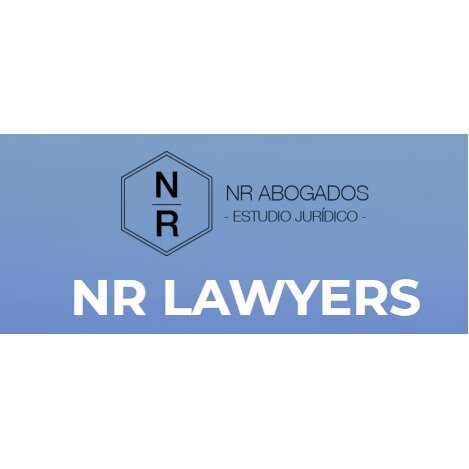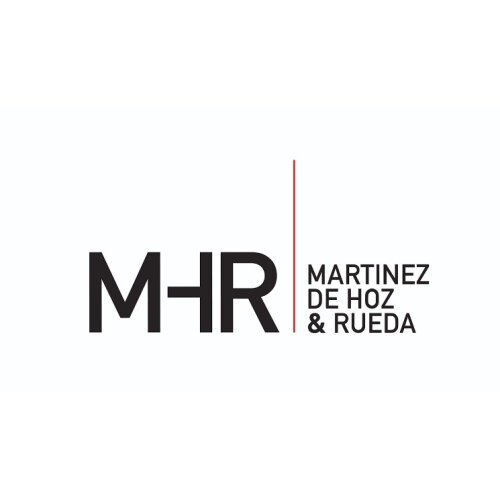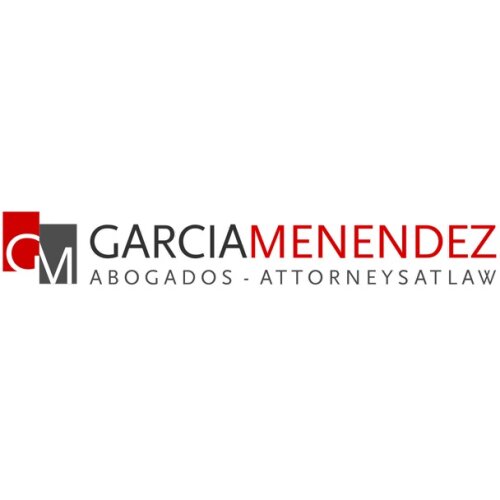Best Tax Lawyers in Buenos Aires
Share your needs with us, get contacted by law firms.
Free. Takes 2 min.
List of the best lawyers in Buenos Aires, Argentina
About Tax Law in Buenos Aires, Argentina:
Tax laws in Buenos Aires, Argentina dictate the rules and regulations for taxation in the region. Taxes are levied by various levels of government, including federal, provincial, and municipal authorities. Understanding and complying with tax laws is essential for individuals and businesses operating in Buenos Aires.
Why You May Need a Lawyer:
There are several situations where you may need a lawyer's assistance in tax matters. This could include disputes with tax authorities, audits, tax planning for complex financial transactions, or seeking advice on tax obligations for businesses. A lawyer can help navigate the complexities of tax laws and ensure compliance with regulations.
Local Laws Overview:
Key aspects of tax laws in Buenos Aires, Argentina include income tax, value-added tax (VAT), personal property tax, and corporate tax. Tax rates and regulations may vary depending on the type of tax and the taxpayer's location and activities. Understanding the local tax laws is crucial to avoid penalties and ensure proper tax compliance.
Frequently Asked Questions:
1. Do I need to pay income tax in Buenos Aires, Argentina?
Income tax is levied on individuals and entities with income derived from Argentina. The tax rates and thresholds vary based on the type of income and the taxpayer's residency status.
2. What is the VAT rate in Buenos Aires, Argentina?
The standard VAT rate in Buenos Aires is 21%, but there are reduced rates for certain goods and services. VAT is an indirect tax levied on the consumption of goods and services.
3. How do I file my taxes in Buenos Aires, Argentina?
Taxpayers in Buenos Aires need to register with the tax authorities, file regular tax returns, and pay taxes due on time. It is advisable to seek professional advice to ensure compliance with tax regulations.
4. Can I appeal a tax assessment in Buenos Aires, Argentina?
Yes, taxpayers have the right to appeal tax assessments and challenge the tax authorities' decisions. A lawyer can help with the appeals process and represent clients in tax disputes.
5. Are there tax incentives for businesses in Buenos Aires, Argentina?
Yes, the Argentine government offers tax incentives to promote investment and economic development. These incentives may include tax credits, exemptions, and deductions for eligible businesses.
6. What are the penalties for tax evasion in Buenos Aires, Argentina?
Tax evasion is a serious offense in Buenos Aires and can result in fines, penalties, and legal consequences. It is crucial to comply with tax laws and report income accurately to avoid tax evasion charges.
7. How can I reduce my tax liability in Buenos Aires, Argentina?
Tax planning strategies such as deductions, credits, and exemptions can help reduce tax liability in Buenos Aires. Consulting with a tax lawyer or accountant can help identify opportunities to minimize taxes legally.
8. What is the tax treatment for foreign residents in Buenos Aires, Argentina?
Foreign residents in Buenos Aires may have different tax obligations than local residents. It is essential to understand the tax rules for foreign residents and comply with reporting requirements to avoid penalties.
9. Can I deduct business expenses from my taxes in Buenos Aires, Argentina?
Yes, businesses can deduct legitimate business expenses from their taxable income in Buenos Aires. Keeping accurate records and receipts of expenses is crucial to support deductions during tax audits.
10. How long do I need to keep tax records in Buenos Aires, Argentina?
Taxpayers in Buenos Aires are required to keep tax records for a specified period, typically five years. Keeping proper records is essential for tax compliance and responding to tax inquiries from authorities.
Additional Resources:
For more information on tax laws in Buenos Aires, Argentina, you can visit the Argentine Federal Administration of Public Revenue (AFIP) website. AFIP provides resources, guides, and forms related to tax matters that can be helpful for taxpayers.
Next Steps:
If you require legal assistance with tax matters in Buenos Aires, Argentina, it is advisable to consult with a experienced tax lawyer. A lawyer can provide personalized advice, representation in tax disputes, and help ensure compliance with local tax laws.
Lawzana helps you find the best lawyers and law firms in Buenos Aires through a curated and pre-screened list of qualified legal professionals. Our platform offers rankings and detailed profiles of attorneys and law firms, allowing you to compare based on practice areas, including Tax, experience, and client feedback.
Each profile includes a description of the firm's areas of practice, client reviews, team members and partners, year of establishment, spoken languages, office locations, contact information, social media presence, and any published articles or resources. Most firms on our platform speak English and are experienced in both local and international legal matters.
Get a quote from top-rated law firms in Buenos Aires, Argentina — quickly, securely, and without unnecessary hassle.
Disclaimer:
The information provided on this page is for general informational purposes only and does not constitute legal advice. While we strive to ensure the accuracy and relevance of the content, legal information may change over time, and interpretations of the law can vary. You should always consult with a qualified legal professional for advice specific to your situation.
We disclaim all liability for actions taken or not taken based on the content of this page. If you believe any information is incorrect or outdated, please contact us, and we will review and update it where appropriate.

















